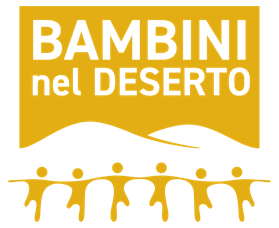Along with our Cooperazione Internazionale,
activities, our interventions in Humanitarian Emergencies demonstrate our commitment to respond promptly and effectively in diverse and complex situations, working closely with local communities and authorities to build lasting solutions.
What is a Humanitarian Emergency
A Humanitarian Emergency represents a critical situation where vulnerable communities face severe natural disasters or conflicts. In these cases, time is of the essence, and our mission is to respond as quickly as possible to alleviate human suffering, provide vital support, and safeguard human dignity.
Our approach towards beneficiaries
In response to natural disasters or conflicts, we position ourselves as supportive partners to the beneficiaries. We work closely with local communities to understand their specific needs and respond effectively and respectfully, always putting the people affected by the crisis at the center.
Our relationships with the countries where we intervene
Our interventions are conducted in response to direct invitations from beneficiaries through our network of contacts or through institutional invitations from local authorities and/or United Nations agencies.
This allows us to operate in full legality and collaboration, ensuring that our aid is well-coordinated and compliant with international regulations as well as local needs.
-

2005
Agadez, Niger
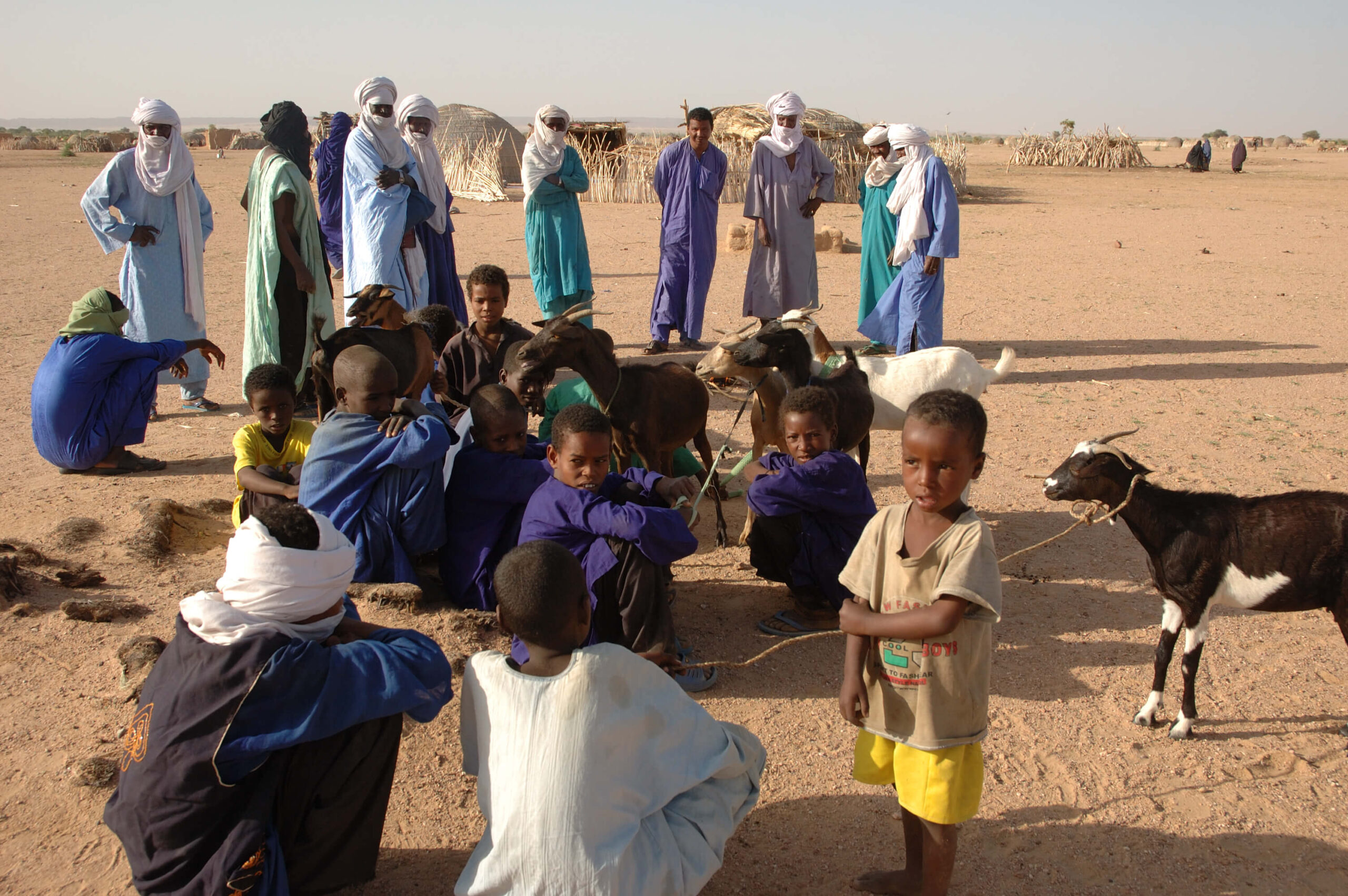 Our first emergency intervention was in favor of the population in northeastern Niger, victims of a severe drought that had devastated food supplies and decimated grazing animals, worsening the nutritional conditions that are now considered endemic in this Sahel region.
Our first emergency intervention was in favor of the population in northeastern Niger, victims of a severe drought that had devastated food supplies and decimated grazing animals, worsening the nutritional conditions that are now considered endemic in this Sahel region.
Our action focused on direct food assistance and the provision of livestock to Tuareg communities in the Air -

2009-2012
Bol, Ciad
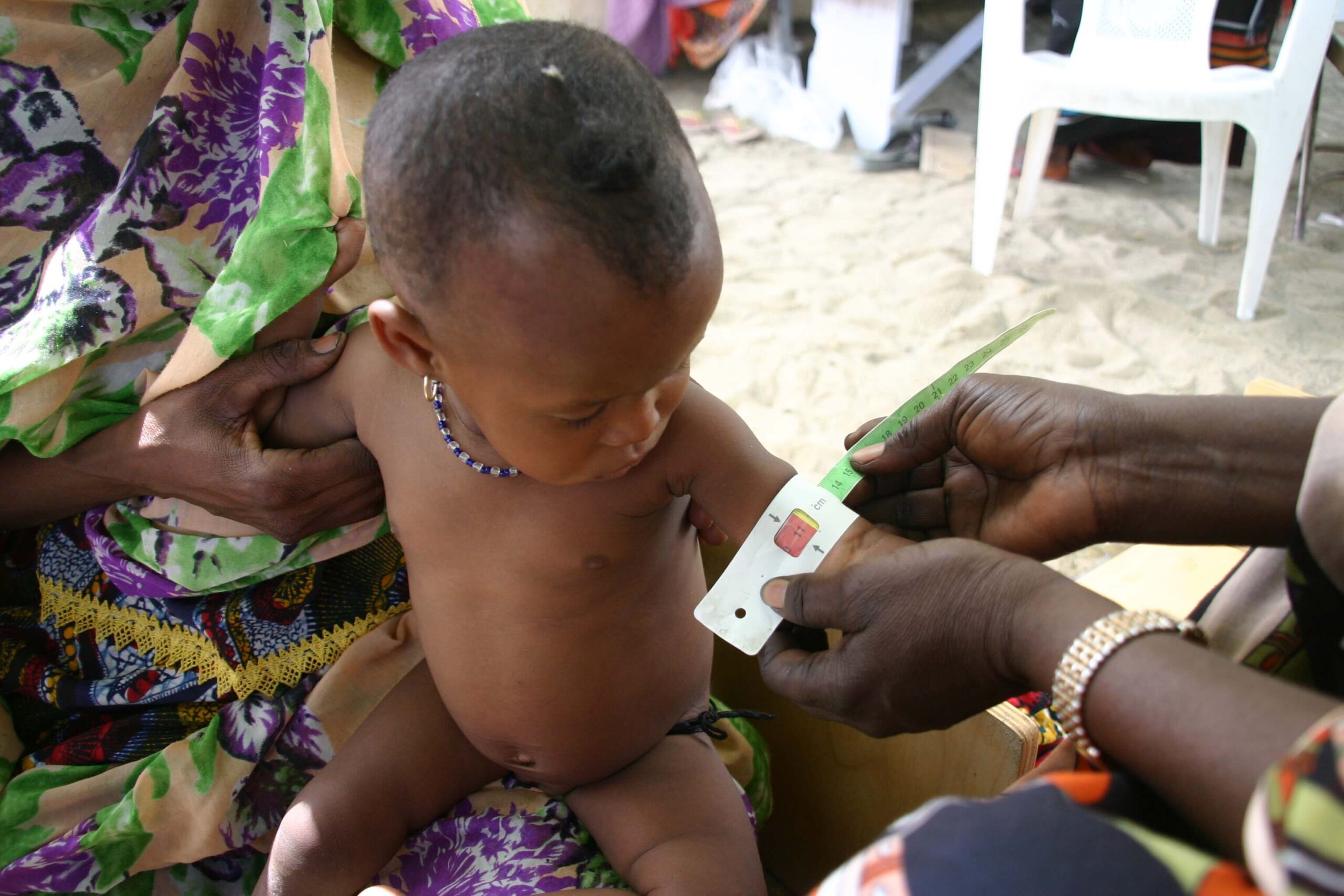 For four years, we intervened under the mandate of the WFP World Food Programme and UNICEF, in response to growing child malnutrition caused by the depletion of local resources. We worked to improve access to nutritious and safe food by managing over 20 Basic Nutritional Centers, 2 Therapeutic Nutritional Centers, and the storage warehouses for emergency nutritionals of the World Food Programme.
For four years, we intervened under the mandate of the WFP World Food Programme and UNICEF, in response to growing child malnutrition caused by the depletion of local resources. We worked to improve access to nutritious and safe food by managing over 20 Basic Nutritional Centers, 2 Therapeutic Nutritional Centers, and the storage warehouses for emergency nutritionals of the World Food Programme.
OCHA, the United Nations Office for the Coordination of Humanitarian Affairs, highlighted in the CAP 2011 that our organization achieved the objective of 0 deaths out of over 22,000 cases of moderate malnutrition managed in the Lake Chad Region. -

2011
N’djamena, Ciad
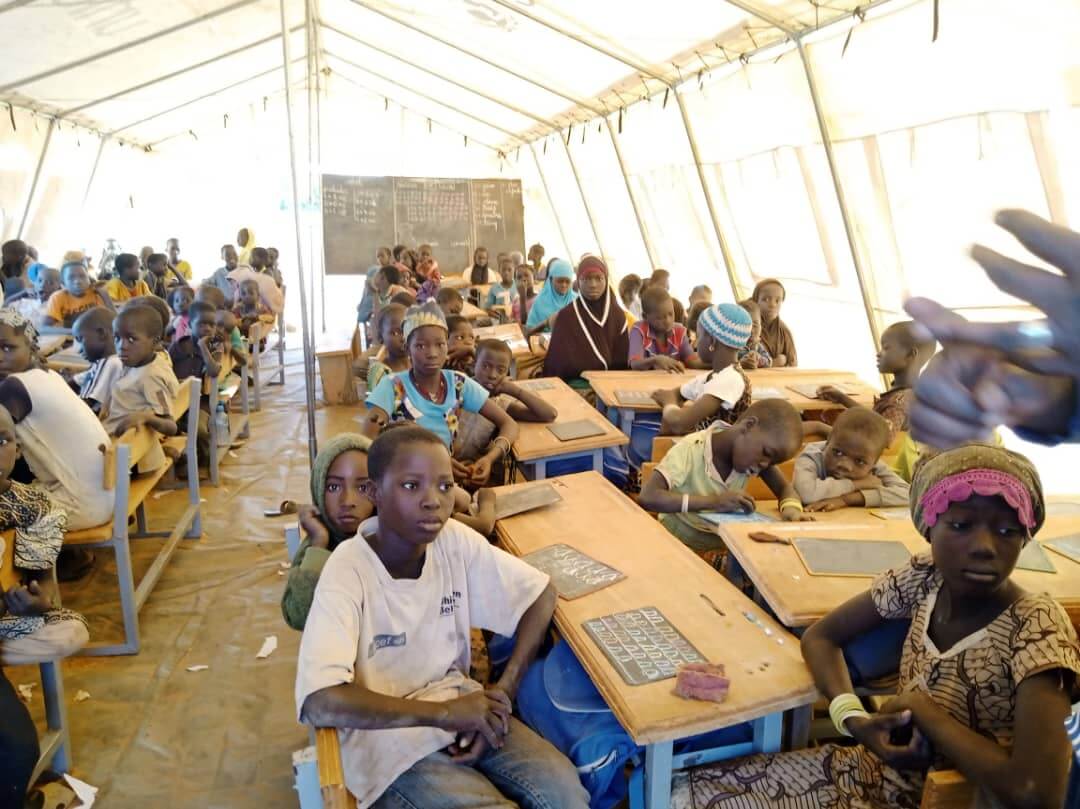 After the overflow of the Chari River, due to the collapse of a dam upstream from the Chadian capital, we provided immediate support to minors in the displaced persons camp organized by UNICEF in the days following the emergency.
After the overflow of the Chari River, due to the collapse of a dam upstream from the Chadian capital, we provided immediate support to minors in the displaced persons camp organized by UNICEF in the days following the emergency.
Temporary schools were set up to ensure educational continuity for over 300 children. -

2012
N’gouboua, Ciad
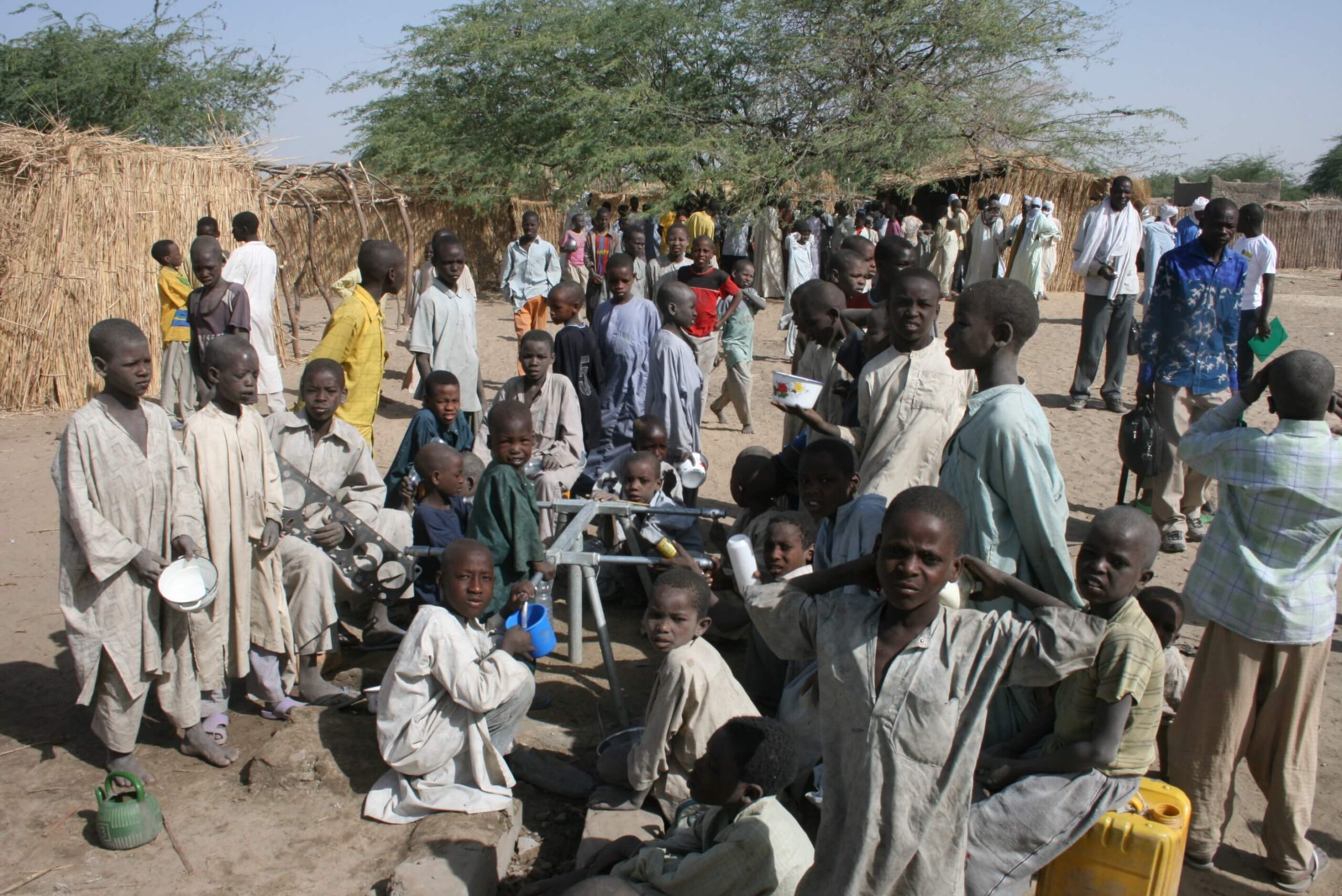 In response to the influx of Chadian minors fleeing from Boko Haram in neighboring Nigeria, we managed a temporary refugee camp for over 500 minors on the border. There, we established a psychosocial support service aimed at helping the minors overcome the trauma they had experienced after witnessing violence perpetrated by terrorists before fleeing to Chad.
In response to the influx of Chadian minors fleeing from Boko Haram in neighboring Nigeria, we managed a temporary refugee camp for over 500 minors on the border. There, we established a psychosocial support service aimed at helping the minors overcome the trauma they had experienced after witnessing violence perpetrated by terrorists before fleeing to Chad.
Under the mandate of UNHCR, we coordinated family reunification in villages in the Lake Chad Region. -

2016
Dijbo, Burkina Faso
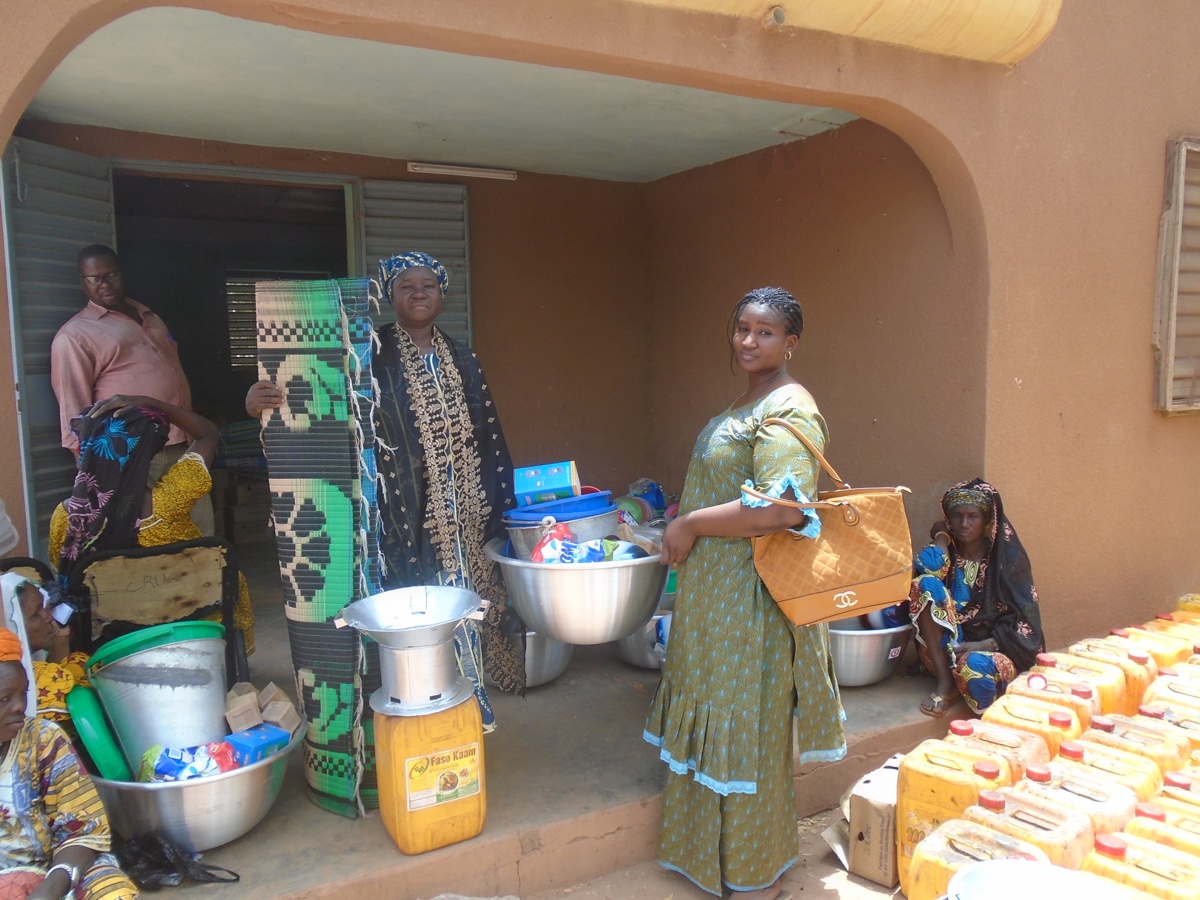 The flow of refugees from Mali, due to the civil war and chaos following the fall of Gaddafi in Libya, saw many tribal communities from Timbuktu and Goundam seeking refuge across the border.
The flow of refugees from Mali, due to the civil war and chaos following the fall of Gaddafi in Libya, saw many tribal communities from Timbuktu and Goundam seeking refuge across the border.
In Djibo, we intervened in a double emergency, funded by AICS (Italian Agency for Development Cooperation) and the International Cooperation of the Principality of Monaco, supporting both Tuareg refugees and Burkinabe communities in the areas of community health, agricultural production support, and small livestock breeding. -

2019
Douentza, Mali
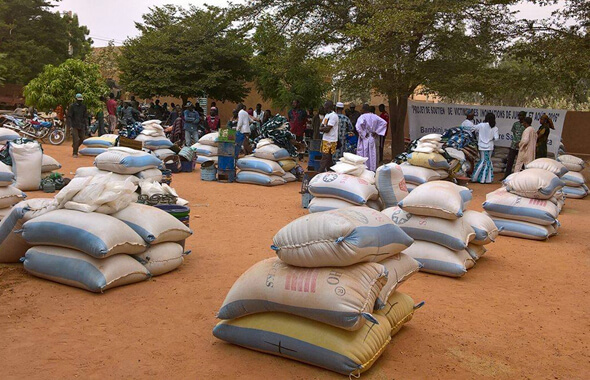 After a devastating flood that destroyed entire neighborhoods in the city of Douentza, our intervention primarily involved the distribution of food and emergency kits, including mats, tarpaulins, mosquito nets, cookware, and other essential materials to support families and alleviate the suffering caused by an unexpected environmental disaster.
After a devastating flood that destroyed entire neighborhoods in the city of Douentza, our intervention primarily involved the distribution of food and emergency kits, including mats, tarpaulins, mosquito nets, cookware, and other essential materials to support families and alleviate the suffering caused by an unexpected environmental disaster.
The intervention was funded by the “Otto per Mille” (Eight per Thousand) of the Waldensian Church. -

2018
Faladyè, Mali
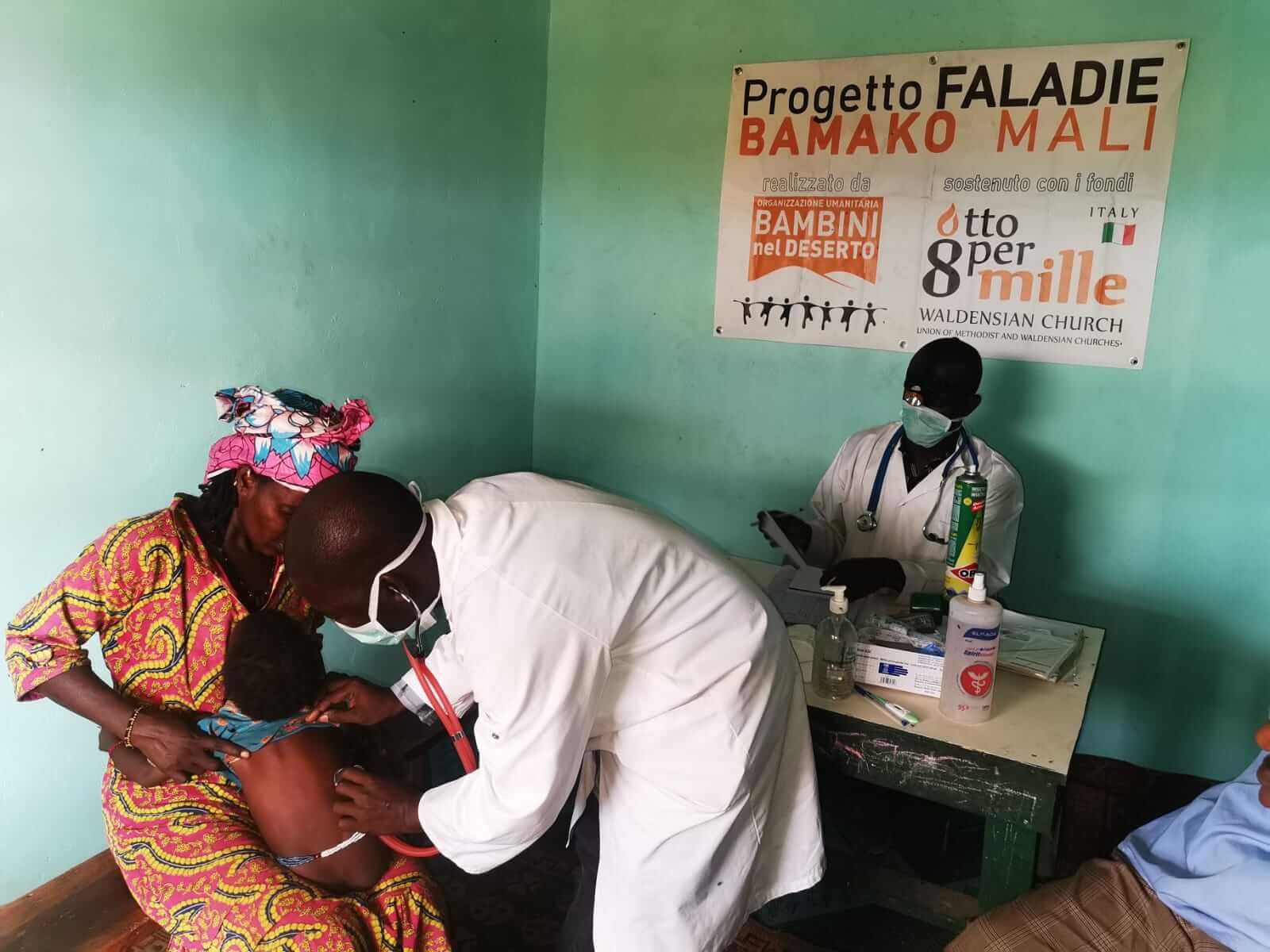 The informal refugee camp that emerged in Bamako at the Faladiè municipal landfill housed hundreds of families, predominantly of Fulani ethnicity, fleeing from violence that had erupted in the northeast of the country. Our support focused on the establishment of a small structure for basic healthcare and psychological support, as well as the organization of an educational play area for the children staying in the camp.
The informal refugee camp that emerged in Bamako at the Faladiè municipal landfill housed hundreds of families, predominantly of Fulani ethnicity, fleeing from violence that had erupted in the northeast of the country. Our support focused on the establishment of a small structure for basic healthcare and psychological support, as well as the organization of an educational play area for the children staying in the camp.
The intervention was funded by the “Otto per Mille” (Eight per Thousand) of the Waldensian Church. -

2022
Chernovohrad, Ucraina
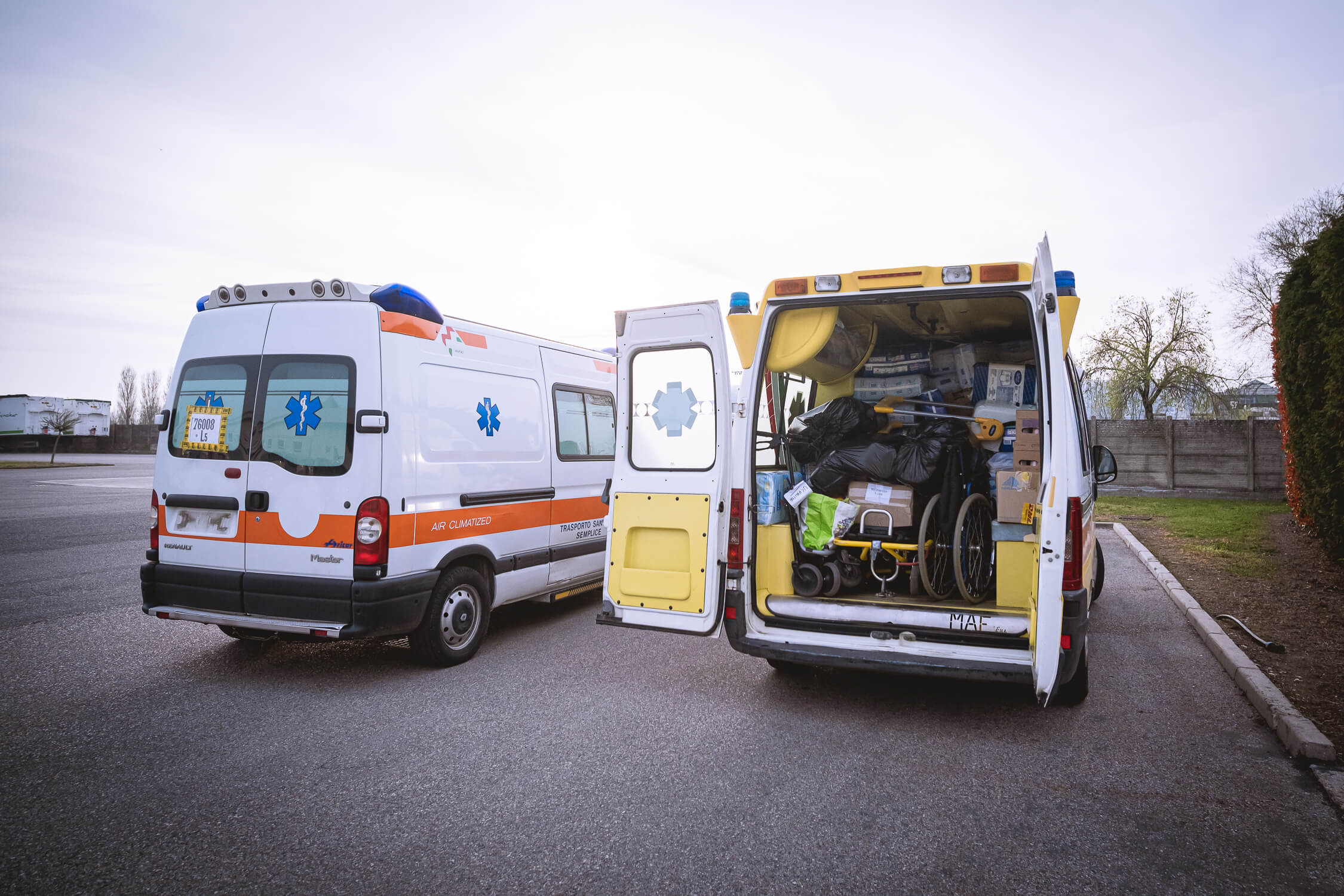 At the request of Ukrainian civil authorities, we organized, over the course of several expeditions, the delivery of ambulances, vans, and other 4×4 emergency vehicles, as well as providing medical, surgical, and health supplies, including six plants for the production of Electrolytic Sodium Hypochlorite (Amuchina). From this experience and thanks to collaborative and friendly relationships, the Humanitarian Organization Children in the Desert Ukraine was established in early 2024, sharing our objective of supporting the civilian population.
At the request of Ukrainian civil authorities, we organized, over the course of several expeditions, the delivery of ambulances, vans, and other 4×4 emergency vehicles, as well as providing medical, surgical, and health supplies, including six plants for the production of Electrolytic Sodium Hypochlorite (Amuchina). From this experience and thanks to collaborative and friendly relationships, the Humanitarian Organization Children in the Desert Ukraine was established in early 2024, sharing our objective of supporting the civilian population.
The expeditions were financed by private supporters and Banca Intesa Sanpaolo. -

2023
Nagreongo, Burkina Faso
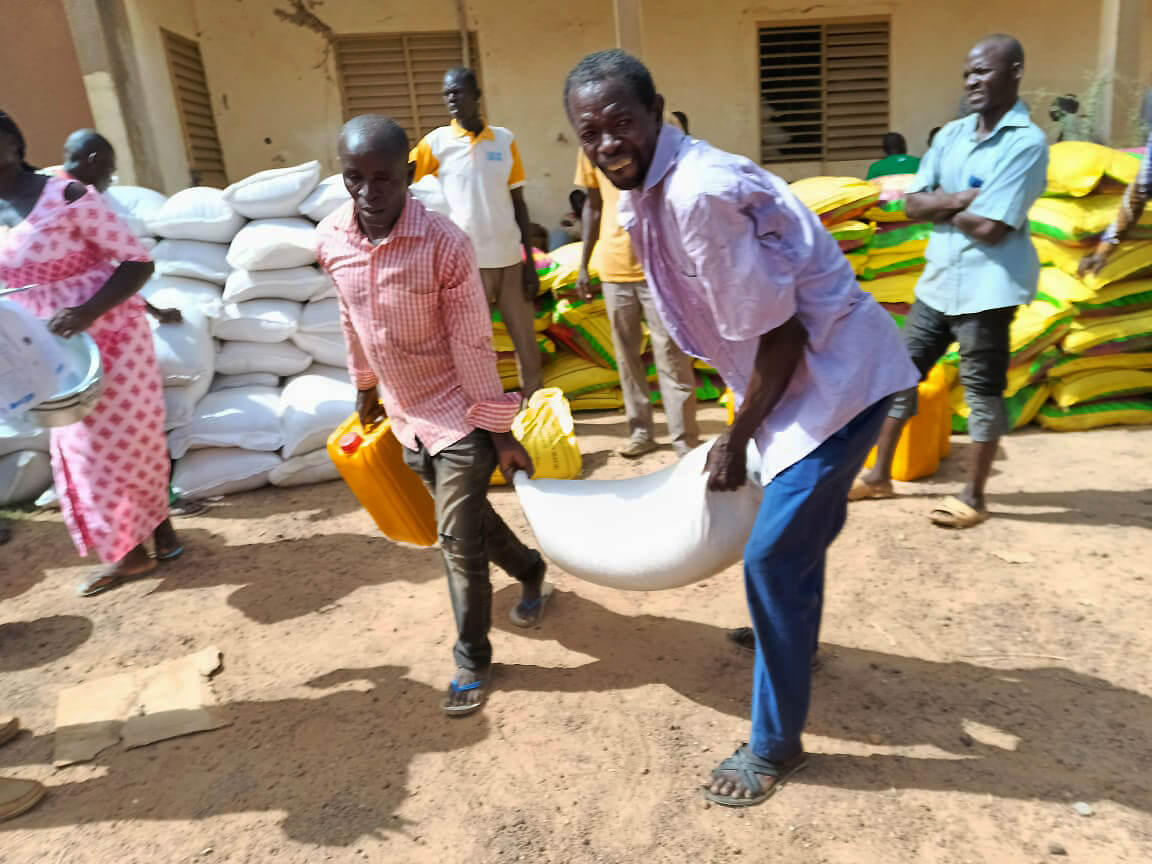 Once again, we found ourselves working to alleviate the suffering of refugees fleeing from yet another series of armed conflicts that have devastated the north of the country. Food supplies, tents, mats, jerry cans, and basic utensils for cooking and personal hygiene were allocated to those who have nothing left after hastily leaving their land and fleeing with the little they had.
Once again, we found ourselves working to alleviate the suffering of refugees fleeing from yet another series of armed conflicts that have devastated the north of the country. Food supplies, tents, mats, jerry cans, and basic utensils for cooking and personal hygiene were allocated to those who have nothing left after hastily leaving their land and fleeing with the little they had.
The intervention was funded by the “Otto per Mille” (Eight per Thousand) of the Waldensian Church. -

2024
Atlas, Marocco
 In September 2023, a devastating earthquake hit the valleys of the Atlas Mountains south-east of Marrakech, causing thousands of deaths and the destruction of entire villages. We have intervened here, and we believe it is necessary to continue to intervene by bringing food to three distinct areas. In the Tizgui displaced persons camp we installed a water pumping system from the valley below, guaranteeing over 180 people drinking water in a refugee camp at 1,500 meters above sea level.
In September 2023, a devastating earthquake hit the valleys of the Atlas Mountains south-east of Marrakech, causing thousands of deaths and the destruction of entire villages. We have intervened here, and we believe it is necessary to continue to intervene by bringing food to three distinct areas. In the Tizgui displaced persons camp we installed a water pumping system from the valley below, guaranteeing over 180 people drinking water in a refugee camp at 1,500 meters above sea level.
This first action was made possible thanks to funding from individuals, companies and private bodies. -
…
